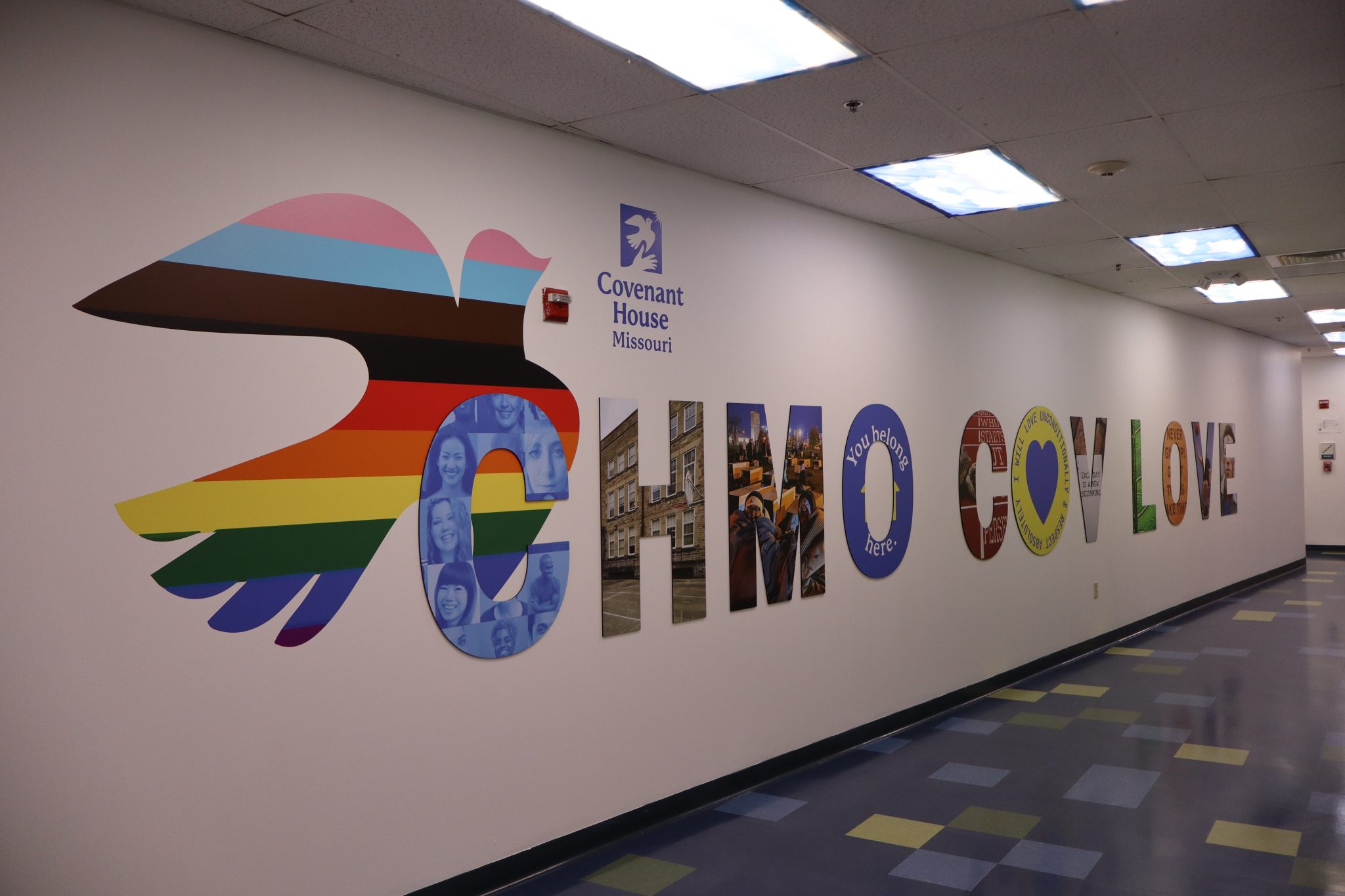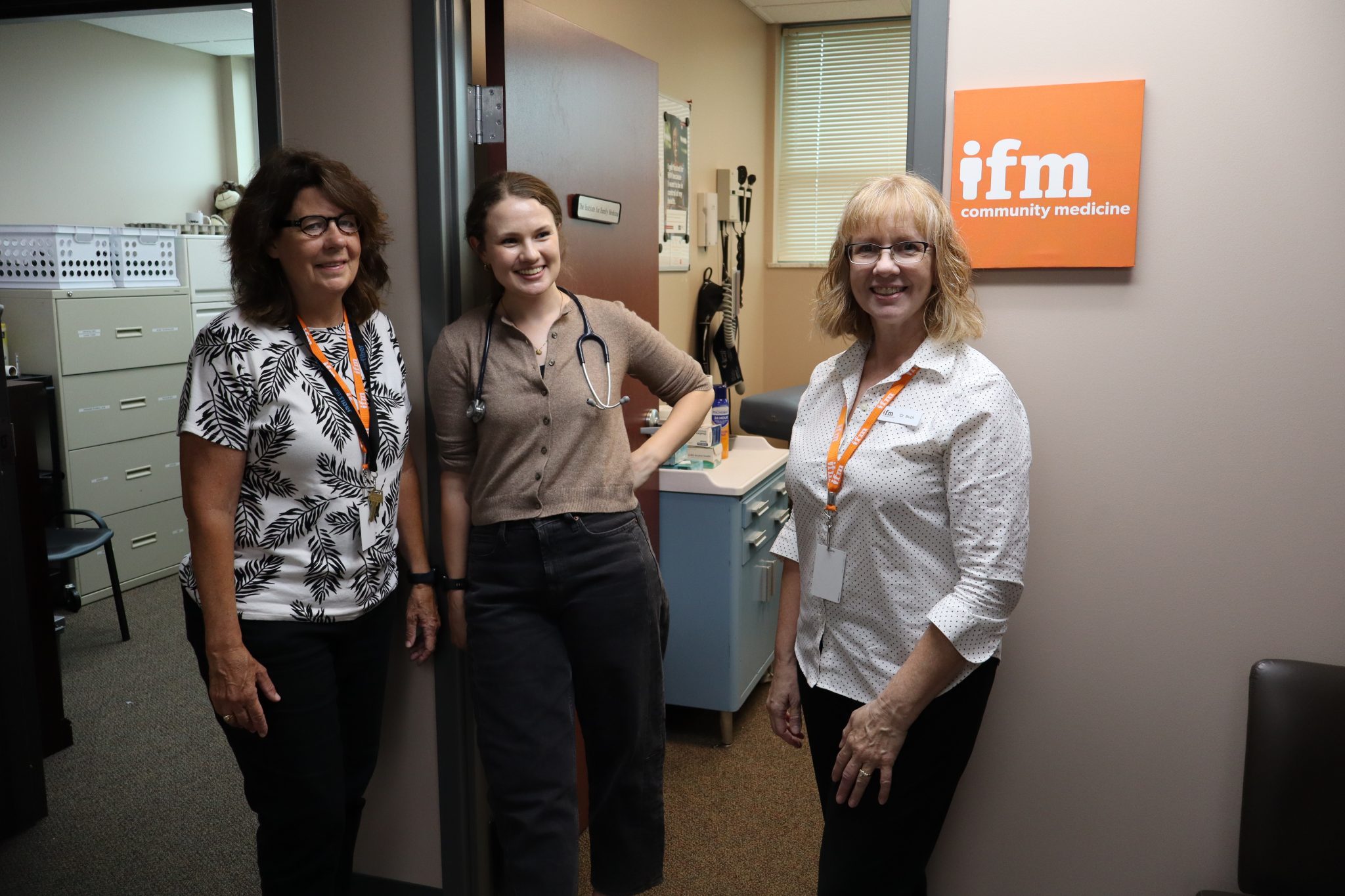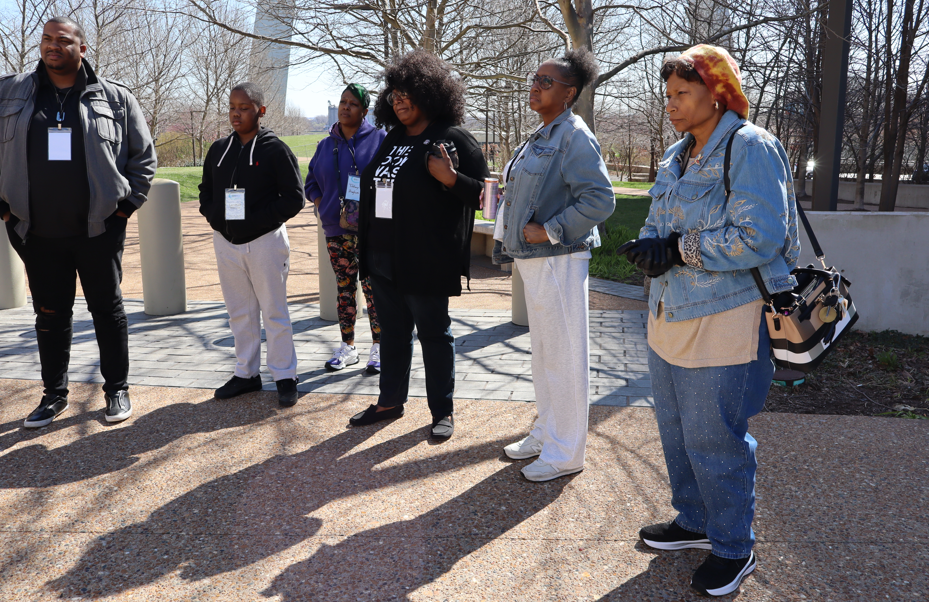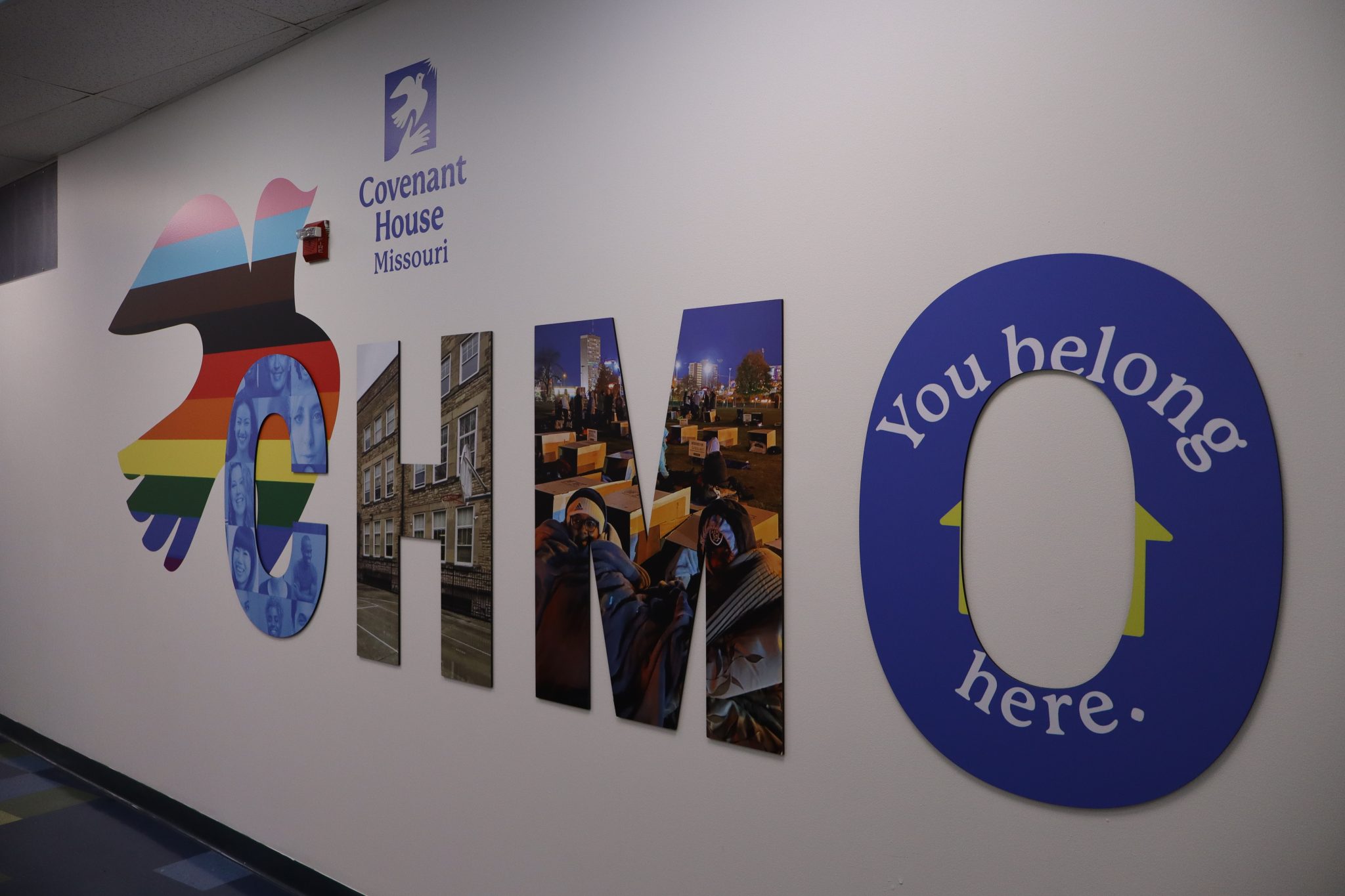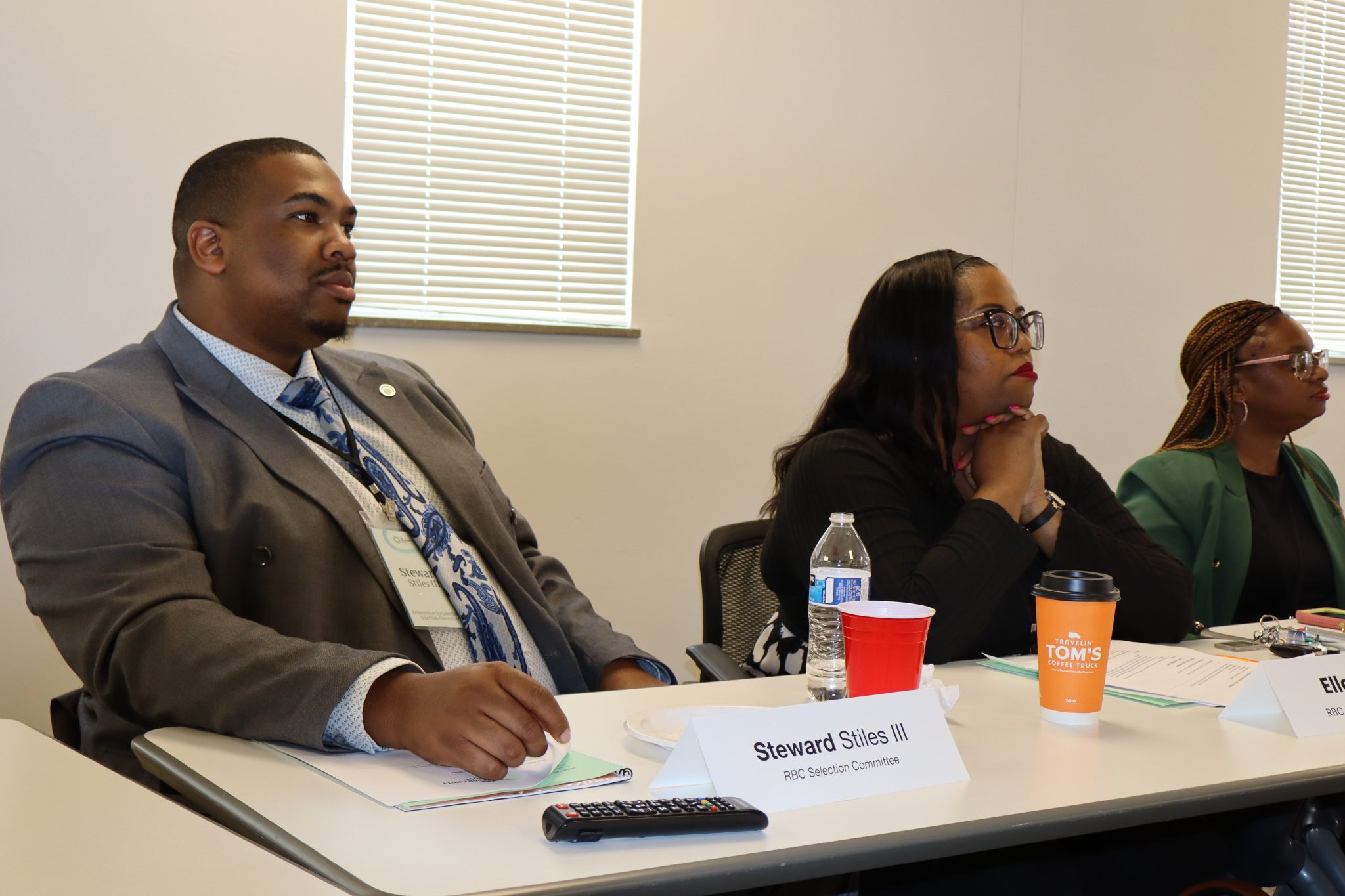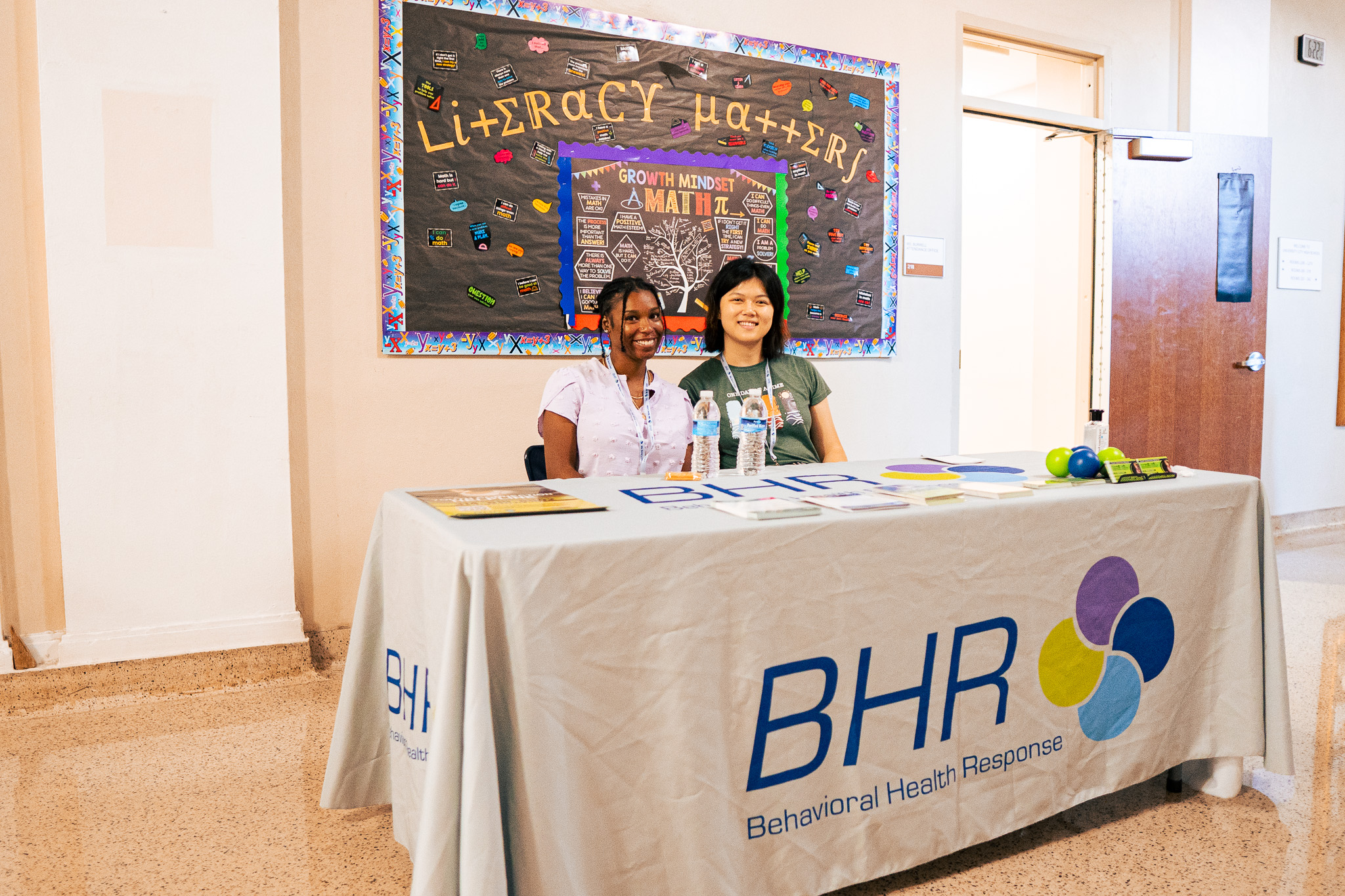
09/10/25
RBC Grantee Spotlight: Behavioral Health Response
For three decades, Behavioral Health Response (BHR) has met St. Louis youth in crisis where they are—through mobile crisis response teams, peer support programs, and youth-centered interventions. A $2,500 Reinvention by Community (RBC) grant from The Opportunity Trust will extend this work, expanding access to care and hope for unhoused youth. This grant is part of The Opportunity Trust’s Reinvention by Community initiative, which empowers the community to choose where and how funding is allocated. Now in its fifth cycle, RBC has invested nearly $300,000 in addressing urgent challenges in and beyond schools. Behavioral Health Response is one of six grantees in the 2025 cycle focused on housing insecurity—a need made even more acute by the May 2025 tornado’s aftermath. Through its youth-centered approach, robust data-backed results, and community partnerships, BHR is creating more pathways for stability, wellness, and healing.
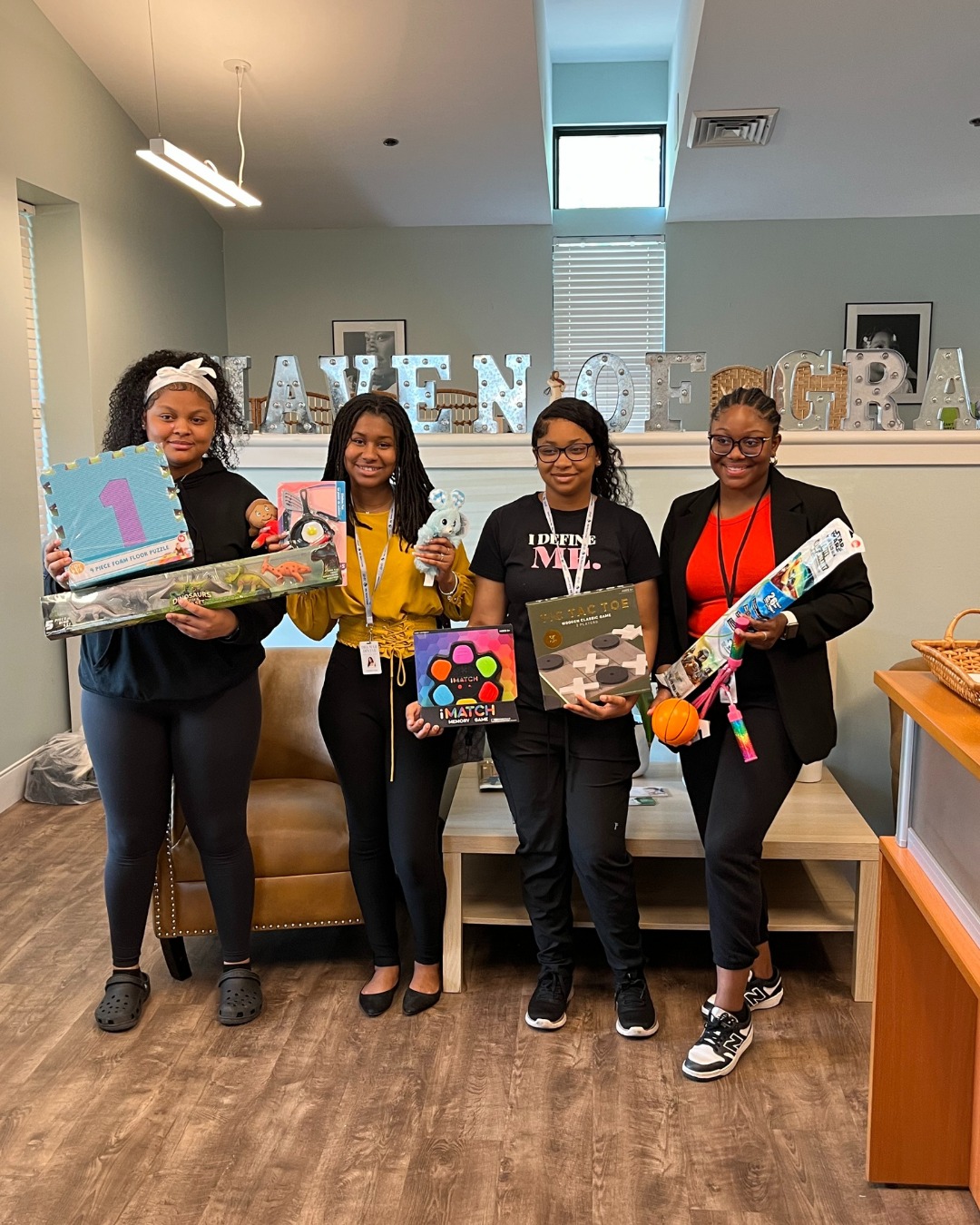
Expanding Crisis Response in a Time of Urgency
BHR is no stranger to emergencies and has been making an impact across St. Louis since 1994. As a 24/7 crisis response agency, its team regularly de-escalates behavioral health situations, diverts people from jails and hospitals, and connects people in crisis with long-term support. But after recent tornadoes left many families without shelter, the need became even more immediate.
“We go out and we meet them where they are,” said Larry Davis Jr., BHR’s Director of Business Development. “We’re out in the community—not just saying we want to help, but actually showing up to offer support.”
This boots-on-the-ground strategy is part of BHR’s broader commitment to diverting youth from emergency rooms and the criminal justice system by offering timely, compassionate mental health support instead.
In fiscal year 2023 alone, BHR answered over 117,000 crisis line calls and conducted more than 2,600 mobile outreach visits across St. Louis. Among those helped were 216 young people under the age of 19 referred to BHR’s Youth Connections Helpline—a 24/7 crisis support line that provides direct access to trained clinicians via phone, chat, or text.
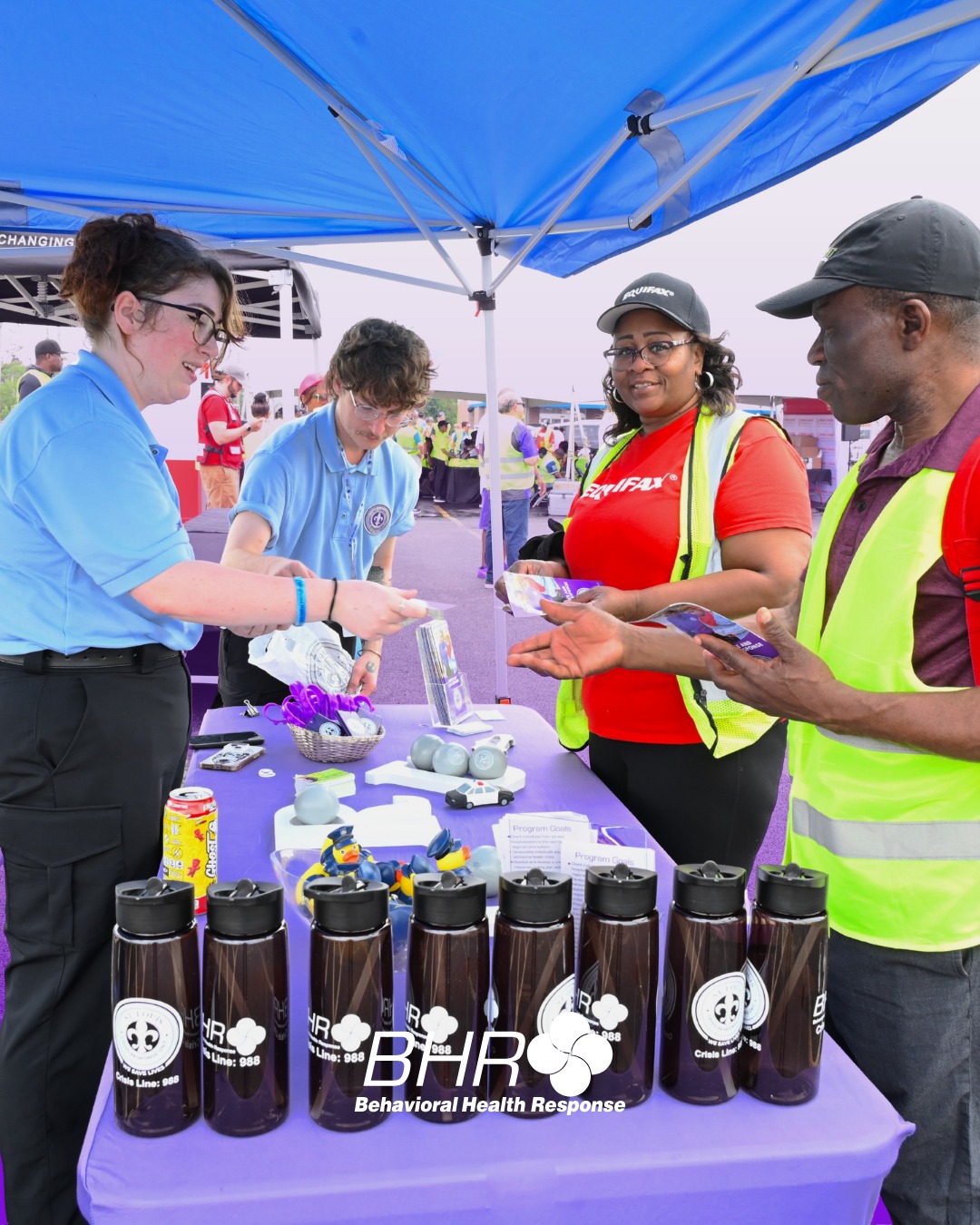
“We work mainly within the city areas,” said Kaila Freeman, Program Manager of Youth and Children’s Family Services at BHR. “But even within the county and all of those different areas, we’ve seen a lot of people needing more support and resources.”
That urgency has galvanized BHR’s efforts to collaborate more deeply with community partners and extend services through its mobile crisis response teams, peer support programs, and youth-centered interventions. Their youth and family services program, including “Youth Excelling and Aiming Higher (Y.E.A.H.),” has been a core part of that work. Y.E.A.H. is an after-school program focused on the cognitive and behavioral health and social-emotional wellness of underresourced middle school students, particularly students of color. Currently operating at two St. Louis middle schools, the program creates safe, enriching spaces that foster academic success, address mental health needs, and reduce the risk of youth violence.
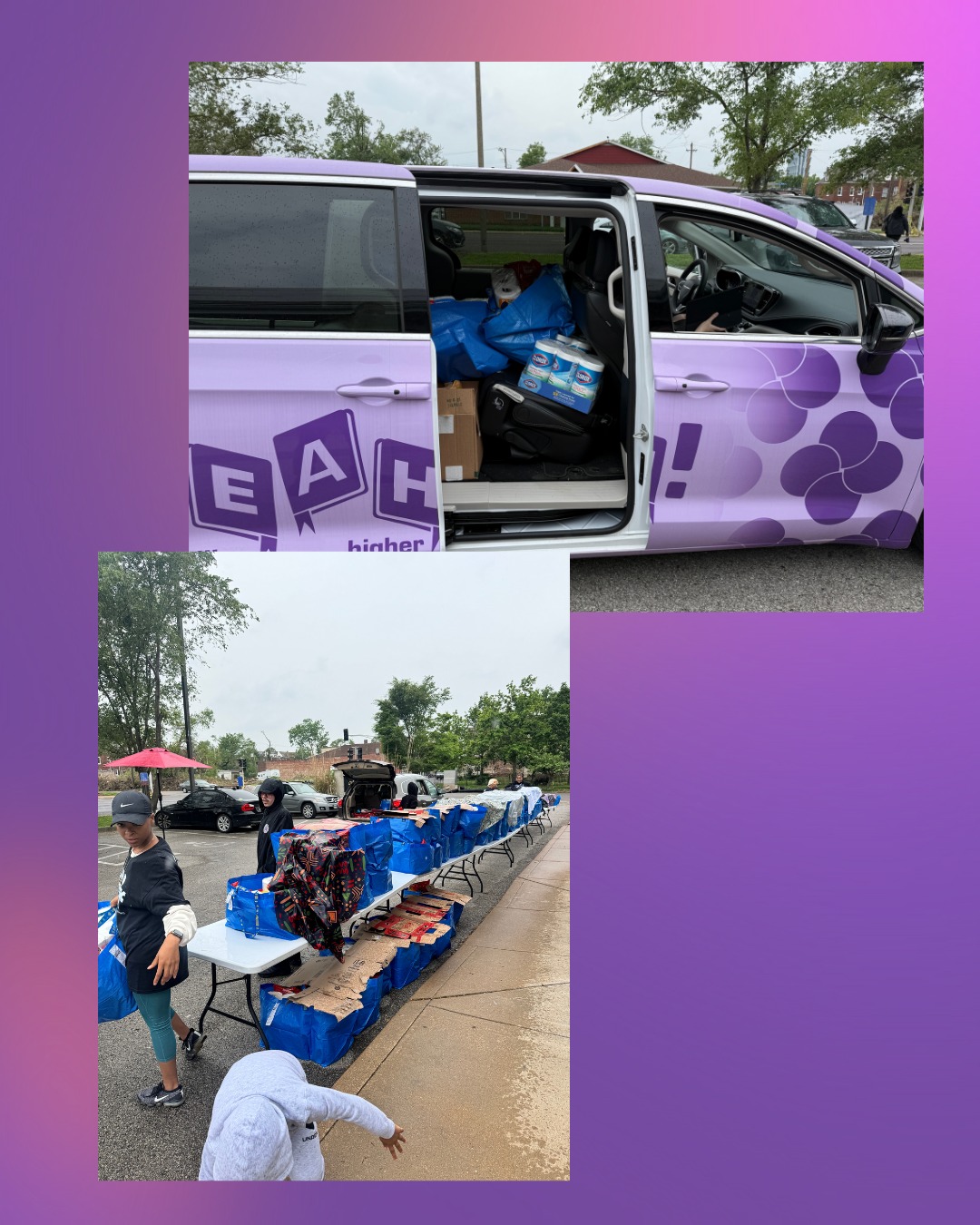
A Model for Community-Driven Support
BHR’s mobile crisis units are central to its ability to serve unhoused youth, operating as roving hubs of care across neighborhoods and schools. These units are staffed by trained professionals who provide immediate crisis intervention and referrals for wraparound services, including housing support.
“We’ve been able to give resources to parents and guardians so that the entire family will be able to take advantage of those opportunities,” Freeman explained.
In addition to mobile outreach and after-school initiatives, BHR’s Crisis Response Unit and CARE teams offer real-time intervention for individuals facing non-violent crises such as homelessness or behavioral health challenges. BHR continues to support young people through programs like the Teen Peer Warm Line—staffed by trained youth peers—to offer non-crisis emotional support and guidance before challenges escalate.
“We have a crisis line – 988. We also have our teen peer warm line which is not for an active crisis, but it prevents a crisis from going forward,” said Freeman.
By offering services outside traditional hours and outside institutional walls, BHR is helping youth feel seen, safe, and supported.
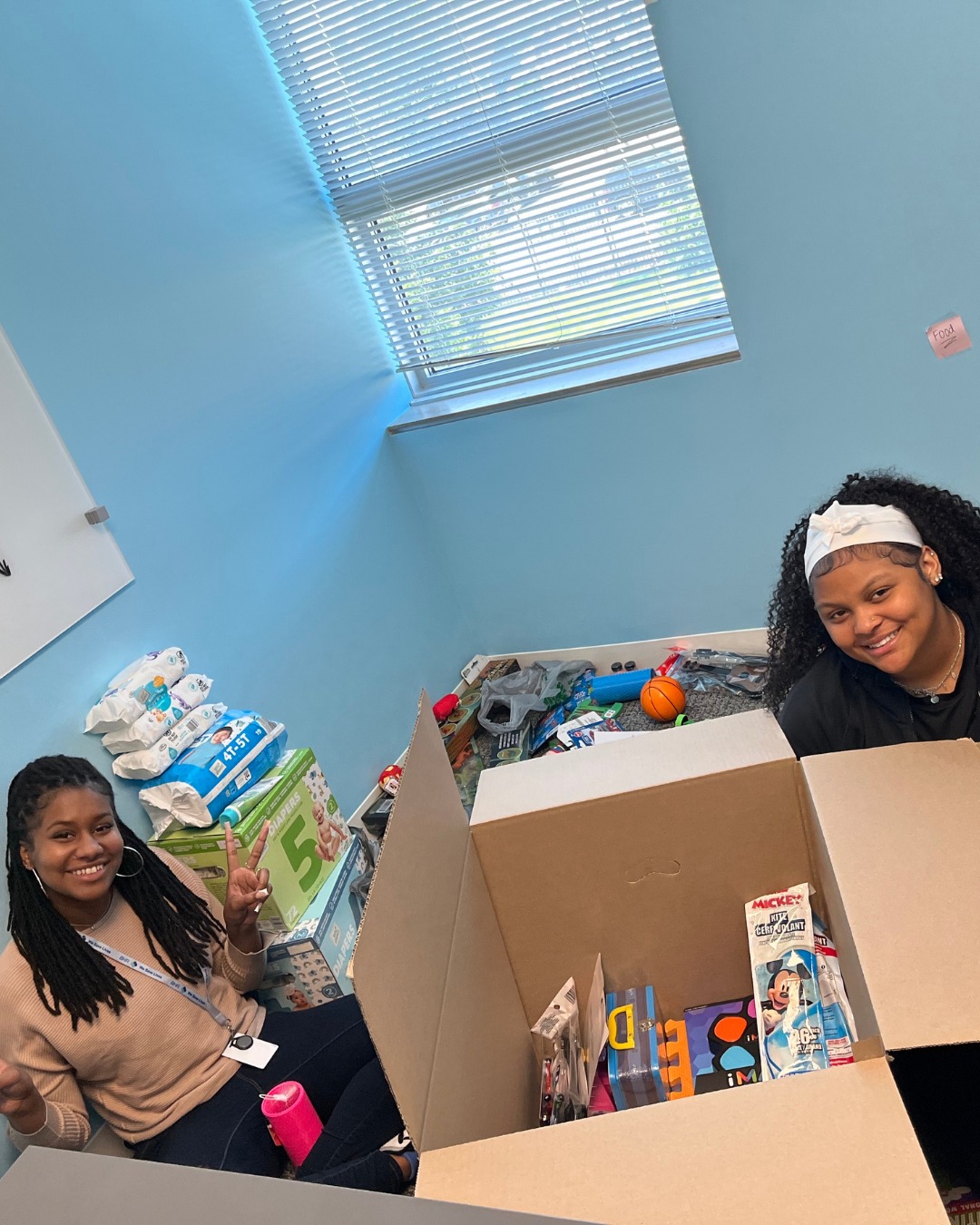
Get Involved
Behavioral Health Response’s model is working—but it can’t do this work alone. Community support fuels their ability to respond quickly and with care. Whether you’re an educator, parent, healthcare provider, or concerned neighbor, there’s a way to help. To learn more about BHR’s programs, volunteer opportunities, or how to support their mission, visit bhrstl.com.
Follow The Opportunity Trust on LinkedIn for more updates on RBC grantees.
